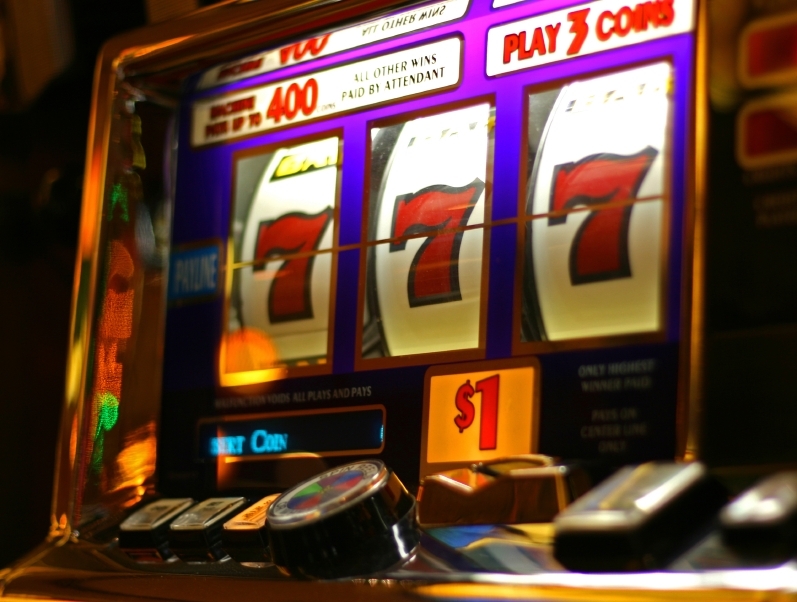April’s episode of Aging Insights talks about seniors and gambling. One of the guests is Jeff Beck, Assistant Director for Clinical Services, Treatment & Research, Council on Compulsive Gambling of New Jersey. Today we feature Jeff as a guest blogger. Please read his informative piece about seniors and problem gambling. If you or someone you know has a problem please call 1-800-GAMBLER.
                Gambling has become normalized in all walks of our society. Problem gambling is an equal opportunity addiction; it can affect any gender, ethnicity, age, or income. Seniors can be at risk for gambling problems and research suggests there is an increased vulnerability for our older population.
                A study in New Jersey in 2006 identified 2% of individuals over 55 as pathological gamblers, 4% as problem gamblers and 17% as at risk gamblers. Combined that indicates that 1 out of 4 seniors may be at risk for a gambling problem.  A 2005 Pennsylvania study found that 10.9% of those over 65 in primary care facilities were at risk gamblers, this means that there is a strong possibility that gambling can interfere with health, legal status, family relations, work, physical issues, cognitive issues or emotional issues. Gambling is recognized as the most identified social activity by individuals over 65, moneys spent on bingo and casinos exceed money spent on lunches, shopping, movies and golf combined. 
                Seniors may be vulnerable to gambling problems for a variety of reasons. They may be isolated and lonely, gambling can be a form of social interaction, the bus trips or bingo games are a chance to get together with friends. Gambling can be an antidote to boredom, which may set in after retirement. The senior may be attempting to cope with big changes or losses in life, gambling can be a form of maladaptive coping.  Physical illness or cognitive impairment may result in excess gambling. Seniors may be less likely to recognize addiction; they may see themselves as having a money problem rather than a gambling problem. Gambling may also represent an emotional escape, an ability to forget one’s problems, at least for a little while.
                There are several signs of senior gambling problems.  Loss of interest and participation in normal activities with friends and family can signify a gambling problem.  Large blocks of time unaccounted for is another sign. A change in attitude and personality often accompanies a gambling problem. Gambling problems can be evidenced by the sudden need for money or the sale or disappearance of assets. The neglect of personal needs may be suggestive of a gambling problem. Secrecy and avoidance when questioned about time or money is also possible evidence of a gambling issue.
                Gambling disorders are now recognized as an addiction, help is available. Treatment is possible and one can live a good productive life. Free counseling may be available with a certified compulsive gambling counselor. There are many self-help groups in New Jersey that can assist with gambling problems. The first step is to admit there may be a problem and to seek out help. The Council on Compulsive Gambling of New Jersey operates a help-line at 1-800GAMBLER. There you can find someone who understands, a sympathetic ear that can provide you with information and resources that will allow you to stop or reduce your gambling. There need be no shame or guilt in admitting to a problem, that admission is actually a show of strength.  Today may be a great day to reach out for help at 1-800-GAMBLER.


